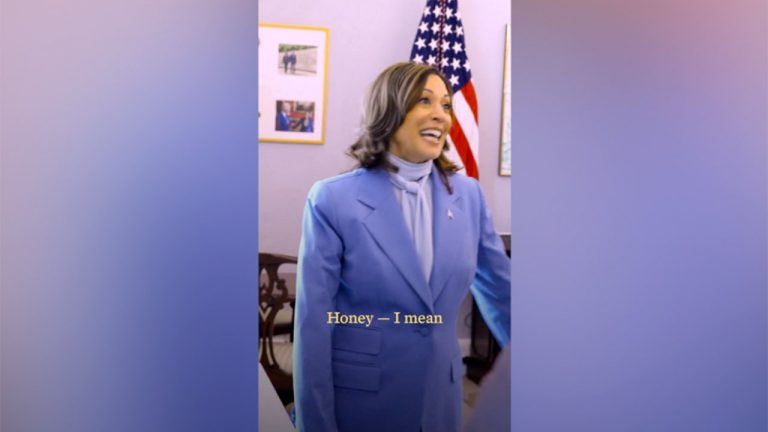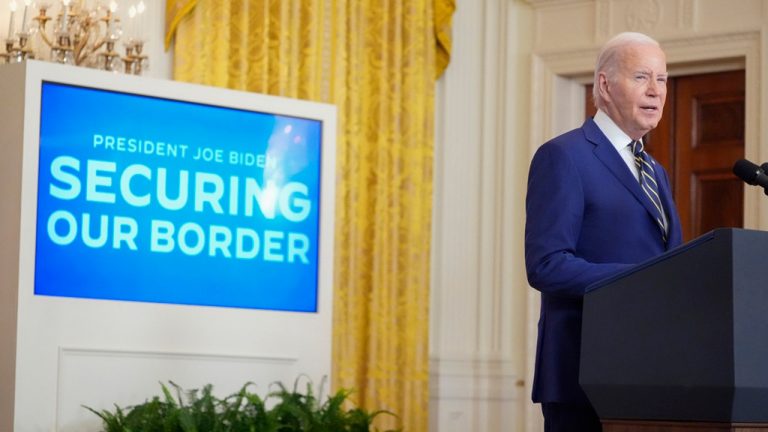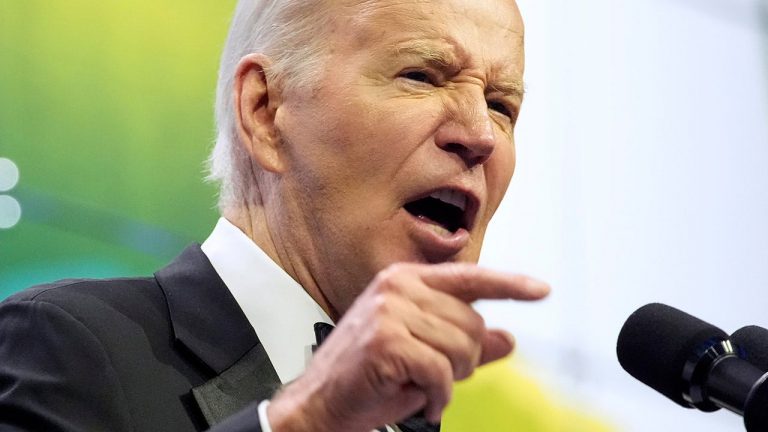Trump wishes he could have testified in New York trial.
Former President Trump delivered a passionate address on Friday morning at Trump Tower in New York after being convicted of 34 counts of falsifying business records. Despite the trial’s outcome, Trump expressed a desire to testify in his defense, contrary to legal advice.
Trump, who is eyeing the 2024 GOP nomination, lamented not taking the stand, stating, “I would have testified. I wanted to testify.” He argued that testifying could have cleared any misunderstandings but acknowledged the risk of being caught in a discrepancy that could lead to perjury charges.
Expressing his frustration with the trial’s breadth, Trump criticized Judge Juan Merchan for allowing his entire past to be scrutinized, not just the case at hand. Trump’s legal counsel advised against testifying on matters beyond the scope of the trial, a decision Trump regrets.
Despite the conviction, Trump remains defiant and grateful for the support he has received. As he addressed a crowd gathered outside Trump Tower, he expressed appreciation for their unwavering backing during this challenging time.
The charges against Trump stemmed from Manhattan District Attorney Alvin Bragg’s assertion that Trump falsified business records to conceal a payment to Stormy Daniels, a former adult film actress, as part of an attempt to silence her about an alleged extramarital affair in 2006. Trump pleaded not guilty to all charges and has consistently denied the affair throughout the legal proceedings.
Trump emphasized the importance of his case, framing it as a crucial issue beyond his individual circumstances. He warned that the outcome of his trial could set a precedent that future presidents might face similar legal challenges, underscoring the broader implications of his legal battle.
With a sentencing date set for July 11, just ahead of the Republican National Convention, Trump faces the prospect of a lengthy prison term if each count results in a maximum sentence. The cumulative maximum sentence he could receive amounts to 136 years behind bars, posing a significant threat to his future.
During his impassioned speech that lasted approximately 40 minutes, Trump decried what he perceived as a threat to the country’s well-being. He accused the judge presiding over his case of bias and corruption, asserting his commitment to defending the nation’s constitutional principles, even at personal risk.
As Trump navigates the aftermath of his legal defeat, the implications of his conviction resonate far beyond his personal predicament. The trial’s outcome serves as a reminder of the complexities and challenges facing high-profile figures in legal proceedings, underscoring the importance of upholding legal integrity and accountability.
Despite the uncertainty surrounding his future, Trump’s resolve and determination to fight against what he views as unjust legal actions highlight the resilience and defiance that have characterized his public persona for years.








